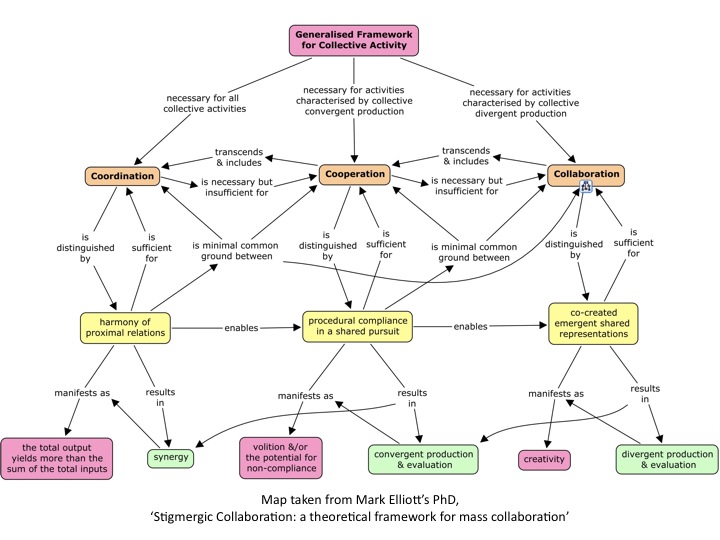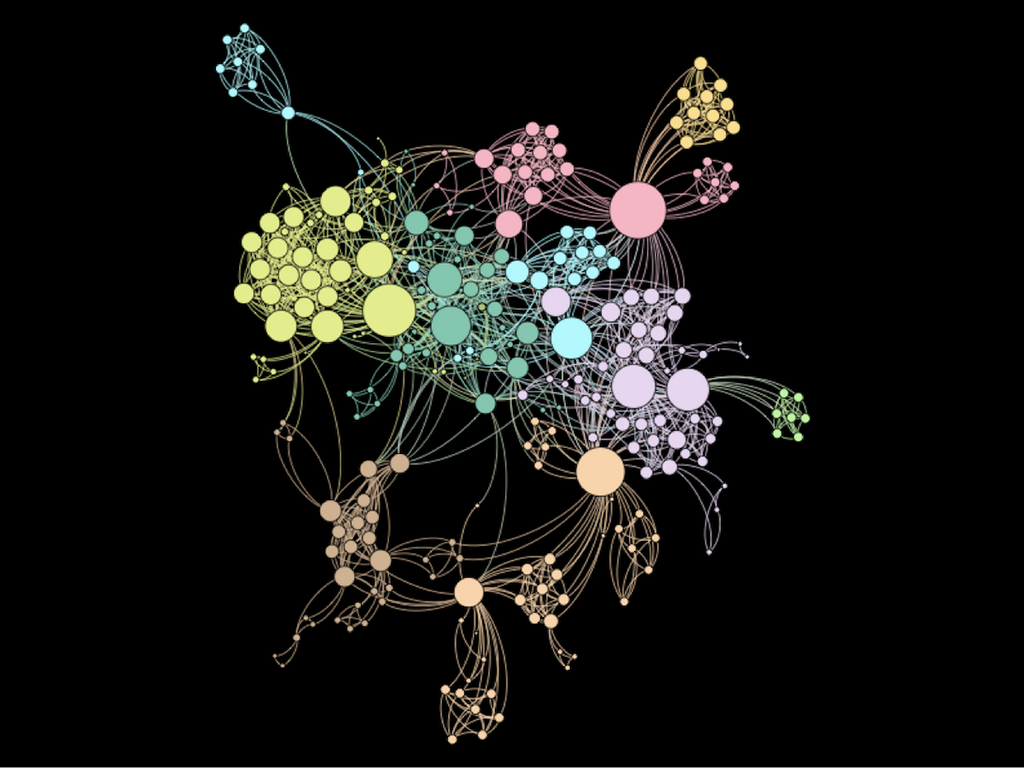Abstract
This paper explores the integration of collective knowledge from natural and social sciences to identify and counteract undesirable community thinking, social norms, and various biases.
We propose a framework that combines neuroscience, psychology, philosophy, and physics to develop applications aimed at enlightening communities and ethically maximizing their future options.
The ultimate goal is to create a better life for community members by fostering a culture of open-mindedness, inclusivity, and ethical decision-making.
Introduction
1.1. Background and motivation
1.2. Objectives and scope
Identifying Undesirable Community Thinking and Biases
2.1. Cognitive biases and their impact on communities
2.2. National, social, political, and ideological biases
2.3. Assessing social norms and their influence on community behavior
Theoretical Foundations for Community Thought Management
3.1. Neuroscience and its role in understanding cognitive processes
3.2. Psychology and its application in influencing behavior
3.3. Philosophy and its contribution to ethical decision-making
3.4. Physics and its connection to complex systems and networks
Framework for Ethical Community Development
4.1. Harnessing collective intelligence
4.2. Encouraging open-mindedness and inclusiveness
4.3. Implementing ethical decision-making processes
4.4. Fostering a growth mindset and continuous learning
Applications and Best Practices for Enlightening Communities
5.1. Educational initiatives for critical thinking and empathy development
5.2. Technological tools to support unbiased information access and exchange
5.3. Encouraging community-driven projects and collaborations
5.4. Establishing and promoting an ethical culture within organizations and institutions
Case Studies: Successful Community Transformation
6.1. A small town's journey to overcome historical prejudices
6.2. An urban community's effort to address social inequality and promote inclusivity
6.3. A national campaign to counter misinformation and strengthen democratic values
Conclusion
7.1. The importance of addressing biases and promoting ethical values in communities
7.2. The potential of interdisciplinary approaches in fostering a better future for all

In conclusion, addressing undesirable community thinking, social norms, and biases requires a multi-disciplinary approach that combines the best practices of neuroscience, psychology, philosophy, and physics.
By harnessing collective intelligence, encouraging open-mindedness and inclusiveness, implementing ethical decision-making processes, and fostering a growth mindset, communities can work towards creating a better life for their members.
Educational initiatives, technological tools, and community-driven projects can support the development of enlightened communities that prioritize critical thinking, empathy, and ethical behavior.

